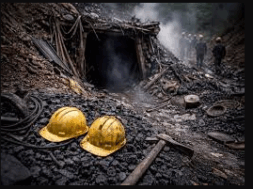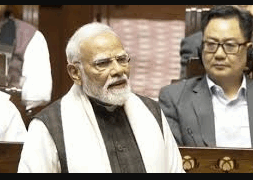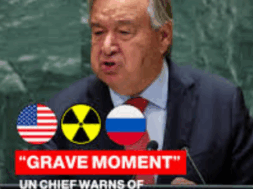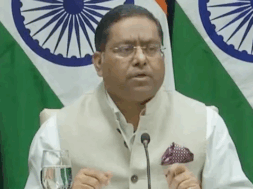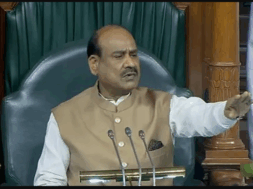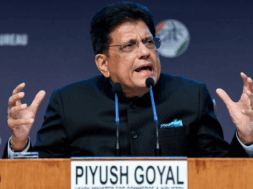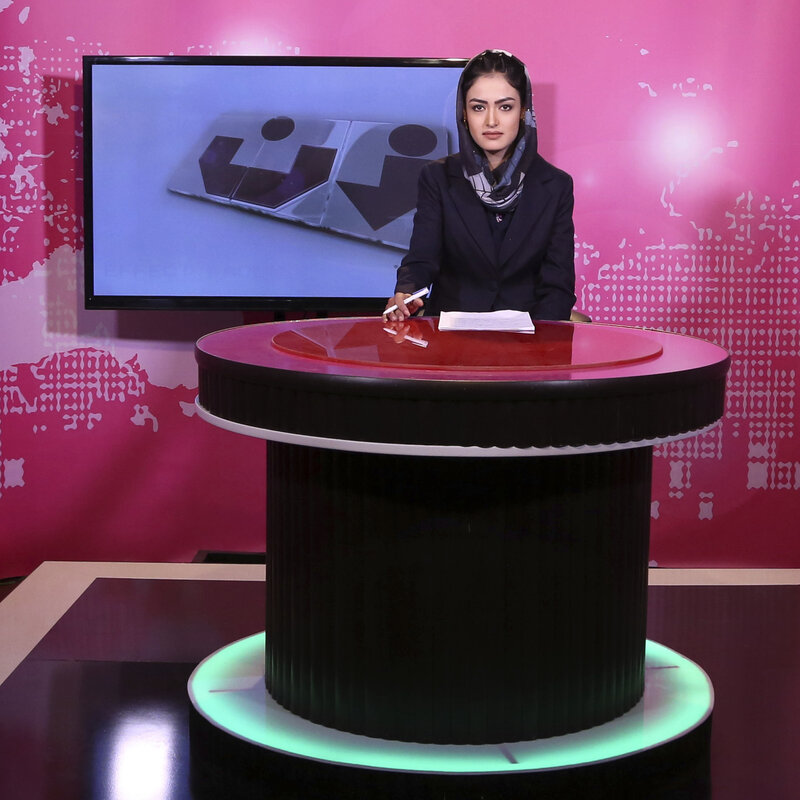
NEW DELHI, Sept 21: The Supreme Court on Wednesday held that the “role of television news anchors” as “very important and critical” in monitoring that their shows do not descend into a flurry of hate speeches.
The Supreme Court while coming down heavily on the TV channels over hate speech also asked why the government was “remaining a mute spectator.” The court said content on mainstream electronic media and social media remain largely unregulated. “Freedom of press is important… Ours is not as free as US but we should know where to draw a line,” Justice KM Joseph observed at the hearing of a batch of petitions filed since last year against the strident increase in volume of hate speech. “On TV, it was the duty of anchors to prevent hate speech. We cannot give hate any air” on TV, Justice Joseph said.
“Hate speech is layered… Like killing someone, you can do it in multiple ways, slowly or otherwise. They keep us hooked based on certain convictions,” said the court, expanding on why hate speech interests viewers.
The court wondered why the government continues to remain a mute spectator to hatred peddled in the electronic media. “Government should not take an adversarial stand but assist the court,” it further observed, remarking, “Is this a trivial issue?”
The court posted the case for hearing on November 23 by when the court wants the central government to clarify if it intends to act on Law Commission recommendations on curbing hate speech.
The Law Commission, upon a prompt by the Supreme Court, had submitted a report in 2017 recommending specific laws. “Hate speech has not been defined in any law in India. However, legal provisions in certain legislations prohibit select forms of speech as an exception to freedom of speech,” the commission noted. It shared a draft legislation as well, suggesting “insertion of new sections 153C (prohibiting incitement to hatred) and 505A (causing fear, alarm, or provocation of violence in certain cases)”.
TV shows — late-evening debates, in particular — often go viral as clips on social media. Internet companies, thus, have also been under fire for not doing enough to curb hate speech.
Earlier this month, Google and Meta — firms that run YouTube and Facebook, among other platforms — said they’d take fresh steps to combat online extremism “by removing more violent content and promoting media literacy with young users”, at a summit in the US on fighting hate-fuelled violence.
The Supreme Court has been consistent in its efforts to stop hate on TV. In January 2021, the then Chief Justice S.A. Bobde had said arresting hate on TV was as essential for law and order as arming policemen with lathis and putting up barricades to prevent the spread of violence and riots.
“Fair and truthful reporting normally is not a problem. The problem is when it [broadcast, programmes] is used to agitate others. There are broadcasts, programmes that definitely have the effect of instigating people, not just against one community, but any community… Why are you blind to them… You don’t do anything about it?” Justice Bobde had said.
The court had at that instance been hearing a batch of petitions, including one filed by Jamiat Ulama-i-Hind, which alleged that certain sections of the media communalised the Tablighi Jamat congregation by linking it to a spike in the spread of COVID-19 infection.
(Manas Dasgupta)



